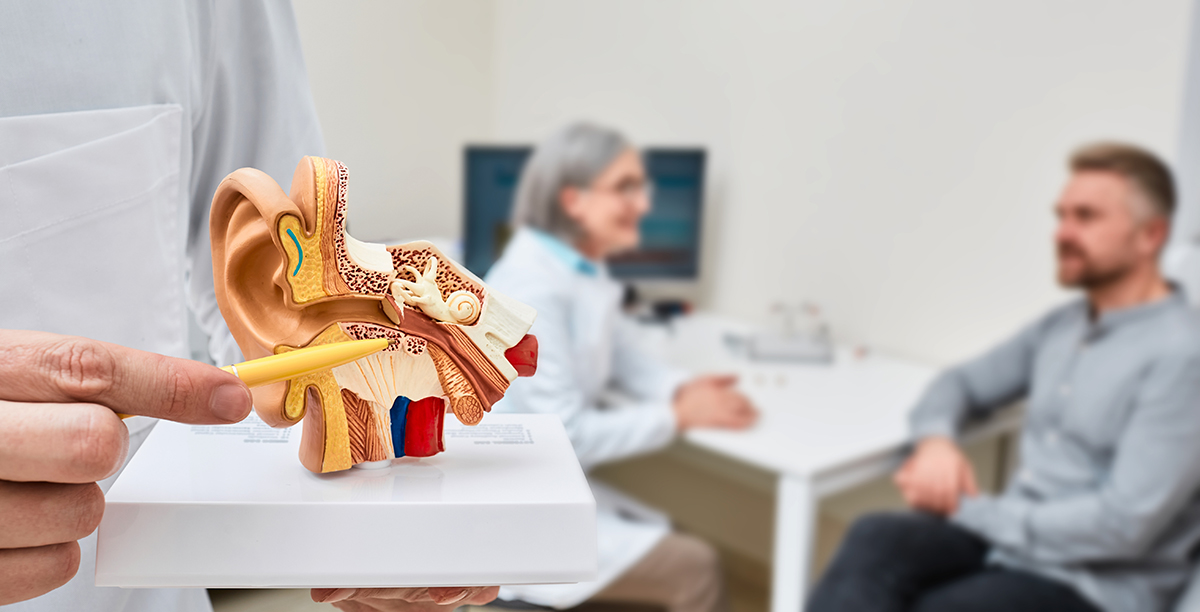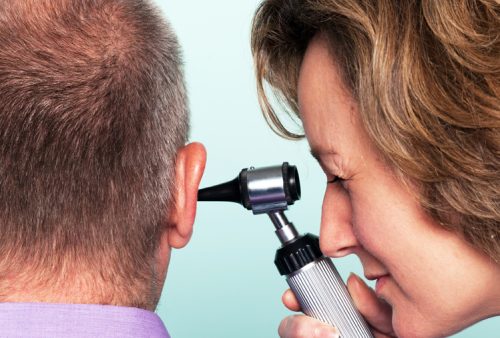
Hearing loss and aging
Aging affects several parts of the body and the ears are no exception! Indeed, just like vision, our hearing gradually deteriorates over time and this often happens unnoticed.
When do we lose hearing?
Age-related hearing loss (presbycusis) can begin well before the age of 60, but it is usually at that age that most people begin to feel the impacts of hearing loss.
After the age of 65, 1 in 3 people suffer from hearing loss, then 1 in 2 people from the age of 75.
What happens to our ears as we age?
As we age, many structures in the hearing system naturally deteriorate. Among these, we find the hair cells of the inner ear. Their role is to transmit sound information to the brain. When they stop functioning over time, they cannot be repaired. This is why the aging of our ears is irreversible.
How often should we evaluate our hearing?
As a preventative measure, it is essential to carry out an audiological evaluation from the age of 50 in order to assess your hearing. Generally, follow-up every two or three years is recommended after the age of 50.
However, more frequent follow-up may be necessary in the opinion of your audiologist depending on your situation.
What other factors can influence hearing?
We must not forget that other factors can influence your hearing, such as:
- genetics
- exposure to loud noise
- noise trauma
- ear surgery
- medications toxic to the ear
- certain diseases such as diabetes
Hearing loss could therefore occur earlier if you have one or more of these factors.
For example, if you have worked in a noisy environment for many years, it is very likely that you will have some degree of hearing loss well before the age of 50.
Little tip:
Stay alert to any listening difficulties you may experience in order to determine when it would be essential to consult the audiologist. Here are some red flags:
- You find that those around you are mumbling
- You often ask to repeat or answer incorrectly when asked a question
- You always turn the TV volume up
- Or, you have the impression that you no longer hear as before.
BY David Sarrazin, Audiologist, Polyclinique de l’Oreille



